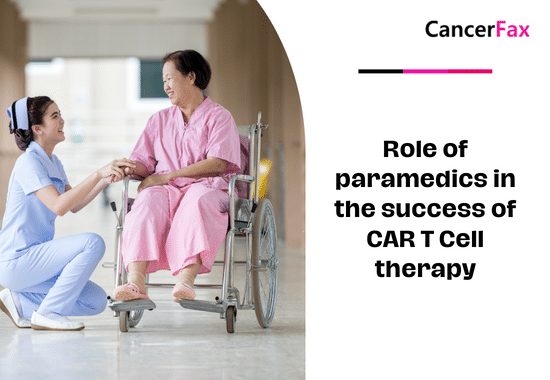Gastrite e câncer gástrico
Severe inflammation in certain tissues and organs of the body is usually related to the occurrence of cancer, but the mechanism of this situation is still unclear. In addition, inflamed and cancerous tissues containing damaged and protective cells are usually mixed together. This makes it very difficult to isolate primary damaged cells and further study. Researchers at Kanazawa University in Japan have recently developed a technology to achieve this goal.
The team used a method of separating target cells from the injury site, called laser microdissection (LMD), which uses a laser beam to focus and select a specific set of cells. LMD then conducted a study on how gastritis (inflammation of the stomach) can cause gastric cancer.
The inner lining of the stomach is mainly epithelial cells. Therefore, epithelial cells were isolated from damaged cells of mice with gastritis or inflammation-related gastric cancer. The study found that in these two different cells, the gene regulator miR-I35B increased to the same level, much higher than the level of healthy mice. Interestingly, miR-I35B levels are already very high in the early stages of cancer-as cancers develop, they do n’t seem to change much. This observation has also been confirmed in human patient specimens.
In order to understand the changes in miR-I35B levels, the researchers used different inflammatory chemical inducers-two specific inflammatory cytokines IL-1α and IL-1β are responsible for this increase. Therefore, miR-I35B changes are closely related to the inflammatory response. However, the exact link between miR-I35B and cancer development remains a mystery. Using the established cancer cell line, the research team proved that miR-I35B mimic agent can firmly attach, proliferate and migrate cells; much like cancer cells in the body.
Since miR-I35B is a microRNA or gene regulator, what gene does it aim to achieve these effects? A series of genetic analysis studies conducted on mice proposed a series of implicated genes-namely FOXN3 and RECK were severely suppressed by miR-135B. In a healthy state, FOXN3 and RECK inhibit tumor formation. Inhibiting these genes leads to increased cell migration, which is the main feature of cancer cells. FOXN3 and RECK may be the main factors of gastric cancer induced by miR-135B.
This study highlights a complex mechanism that drives inflammation and related cancers of close relatives, and elucidates a molecular mechanism of action in it. The association of miR-135b with gastritis and early gastric cancer indicates that miR-135b may play a role in the development of early diagnostic tools for detecting gastric abnormalities, paving the way for miR-135B for the early detection and treatment of gastric cancer.
Many articles mentioned that the vast majority of cancers are still incurable, so prevention of cancer and early diagnosis and treatment are top priorities. Gastric cancer is a relatively common cancer with limited treatment and poor prognosis. Therefore, early diagnosis is particularly important. Global Oncologist Network (400-626-9916) provides you with first-hand gastric cancer screening guidance suggestions for your reference!
Recommendations for gastric cancer screening guidelines
Typical symptoms: upper abdominal pain, loss of appetite
The onset of gastric cancer is concealed, and more than 70% have no obvious symptoms. Symptoms of dyspepsia can gradually appear, such as fullness or discomfort in the upper abdomen, acid reflux, belching, loss of appetite, etc. Most patients think that it is chronic gastritis or gastric ulcer and ignore it.
Recommended tests: gastroscopy, gastric cancer susceptibility gene detection
High-risk groups:
1. With family history of gastric cancer and esophageal cancer;
2. A history of chronic gastritis, gastric polyps, and peptic ulcer;
3. People with bad eating habits: such as irritating food like hot food, over-acid, too spicy food, like smoked, fried, hard food; irregular diet, overeating; frequent consumption of moldy food Wait;
4. Drink a lot of alcohol, over 40 years old;
5. Those with high mental stress and chronic depression and anxiety.
Screening guidelines:
Those who are ≥40 years of age and meet any of the following criteria are recommended to be screened for gastric cancer:
①People in areas with high incidence of gastric cancer;
②Hp infected persons;
③Previously suffered from precancerous diseases such as chronic atrophic gastritis, gastric ulcer, gastric polyps, residual stomach after surgery, hypertrophic gastritis, pernicious anemia;
④First-degree relatives of patients with gastric cancer;
⑤ There are other risk factors for gastric cancer (such as high salt intake, salted diet, smoking, heavy drinking, etc.).
Inspection measures: serological screening and endoscopic screening, the final diagnosis requires pathological confirmation.

